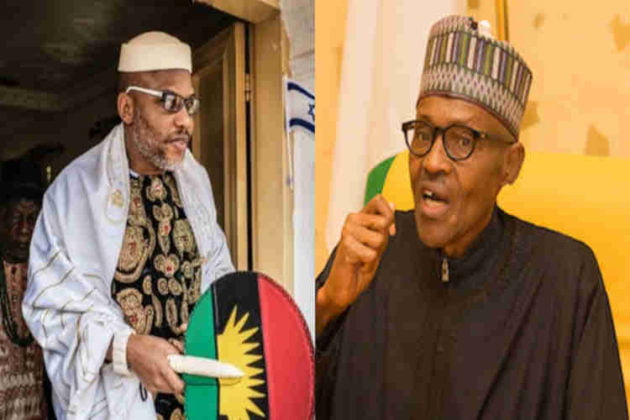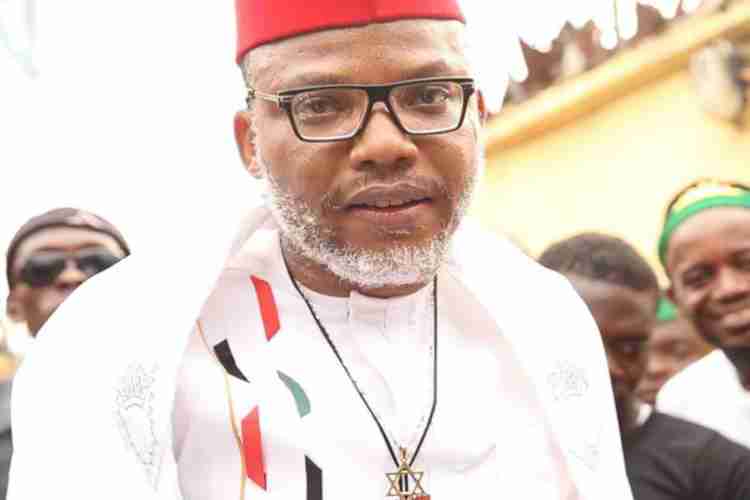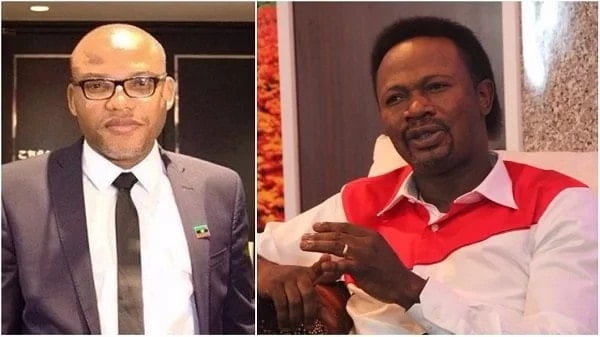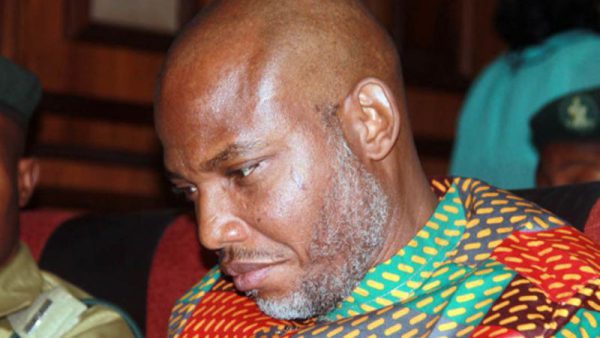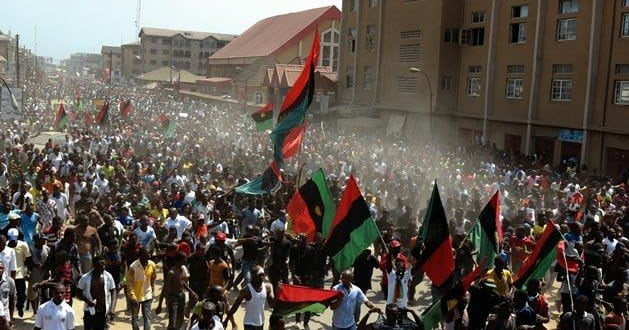Fifty years after, it’s about time the nation moved on from the pains of the civil war but not without addressing the injustices of the time, writes Ojo Maduekwe
Successive governments had suppressed every chance to have a conversation around the Nigerian civil war, meaning that for 50 years after the war ended, emotions were still bottled up.
Time after time, the emotions had been seen to spill out into tiny conflicts across the country, which the federal government continues to quell a lot of the time with the use of force. It didn’t help that the government, in keeping to the tradition of silence, scrapped the study of history from the Nigerian schools.
The refusal to have a national conversation around the war and learn from it has created a bouquet of discordant and biased narratives that continues to fuel tribal sentiments.
For example, in telling the story of the killings during the war, people only talk of the 3 million Igbos that were killed by federal forces, including children that starved to death. Mention is hardly made of the deaths recorded by the federal side, and the atrocities committed by the Biafran army. For proper perspective, a balanced narrative of the war must be encouraged.
It is this refusal to question the invisibility of the contraption called Nigeria that has seen this renewed tribal sentiments in recent years, from secessionist groups such as the Indigenous Peoples of Biafra (IPOB).
Made up of Igbo from the Southeast extraction, and with membership in countries all over the world, IPOB clamours for a breakaway from Nigeria and form its own country to be known as the Republic of Biafra.
Typical of previous governments at the center, and more than the presidents before him, the administration of President Muhammadu Buhari has refused to entertain any talk about the war; and worsening the situation by labeling IPOB – an armless group – a terrorist organisation.
Typical of previous governments at the center, and more than the presidents before him, the administration of President Muhammadu Buhari has refused to entertain any talk about the war; and worsening the situation by labeling IPOB – an armless group – a terrorist organisation.
Force and proscription had failed to address the perceived injustices that keep fueling the Biafra agitation, and many other ethnic clamours across Nigeria. Nicknamed by Nigerians as the “Divider-in-Chief”, President Buhari, through policies and appointments that are considered biased and in favour of his Fulani ethnic group, and Muslims from the northern region, continues to tilt the scale of public opinion in IPOB’s favour.
Aside the Igbo, there are Nigerians from the Southwest, South-south and North Central sub region of the country, who share the sentiments of IPOB, and feel that the administration of Buhari has widened Nigeria’s division, thus pushing for either a restructuring of the country or complete breakup of the federating units that make up Nigeria.
Calls for restructuring have assumed a much louder frequency today, and there’s never been a more potent action for it than the recent creation of the operation Amotekun, a Western Nigeria Security Network by the states of Lagos, Oyo, Osun, Ekiti, Ondo and Ogun, to complement the security efforts of the Nigeria Police Force in checking crimes in the Southwest region.
That Amotekun was launched around the 50th anniversary of the civil war can be described as coincidental, however, it does not come as a surprise that federating states will take measures to secure themselves from the failures of a federal government that remains indisposed to having progressive conversations that could move Nigeria forward.
That Amotekun was launched around the 50th anniversary of the civil war can be described as coincidental, however, it does not come as a surprise that federating states will take measures to secure themselves from the failures of a federal government that remains indisposed to having progressive conversations that could move Nigeria forward.
We’re All Biafrans
‘Let’s talk about the Civil War’ is more than a headline; it’s a call to action, one that many elder statesmen across Nigeria’s regions were once reluctant and unwilling to have, but have been clamouring for it in recent years.
‘Let’s talk about the Civil War’ is more than a headline; it’s a call to action, one that many elder statesmen across Nigeria’s regions were once reluctant and unwilling to have, but have been clamouring for it in recent years.
In his 2016 highly acclaimed book, ‘We Are All Biafrans: A Participant Observer’s Intervention in a Country Sleepwalking to Disaster’, author Chido Onumah compiles this call to action into different questions bordering on “What is Nigeria?”, “Who is a Nigerian?”, “If Nigeria is a federal republic, what constitutes or should constitute the federating units?”
The failure of the Buhari government to reprimand AK-47 wielding Fulani herdsmen for encroaching into farmlands in the Southwest; as well as the killings, raping and kidnapping of indigenes of the region by the herdsmen, deepened the doubts of the Yoruba people concerning their position in Nigeria, and was a major factor that instigated the Amotekun initiative.
Gradually, thoughts are beginning to align, conversations are taking place, and handshakes are happening across the Niger between the Igbo and Yoruba on the need to restructure the country to address a lopsided political structure that’s skewed in favour of the North, and has held Nigeria back since the civil war ended.
There are those, who feel that the federal government should be proactive by being the one to lead any conversation on the national question, but the reaction of the Attorney General of the Federation (AGF) and Minister of Justice to the launch of Amotekun, shows the government is uninterested in having and leading the conversation.
The lack of interest is not surprising, as countless number of times President Buhari has ruled out any debate on Nigeria’s indivisibility; closing any chance for a national conversation around the aftermath of the civil war, while heightening clamours for secession and restructuring.
Since coming into power in 2015, the Buhari administration had focused on ways to curtail the rights of Nigerians to civil protest, and the questioning of government policies and actions. Individuals, activists as well as journalists have been put in prison by government’s security agencies for asking legitimate questions on issues of governance.
Fifty years and still counting, a thoughtful government would have understood that force has never and cannot quell injustice, and should instead begin to put measures in place for a conversation around the civil war. Such steps would bring closure to millions of grieving hearts that for five decades still feel wronged and want a way out of a union they feel has not been fair to them.








